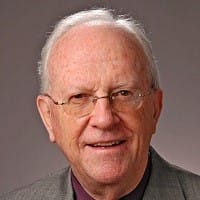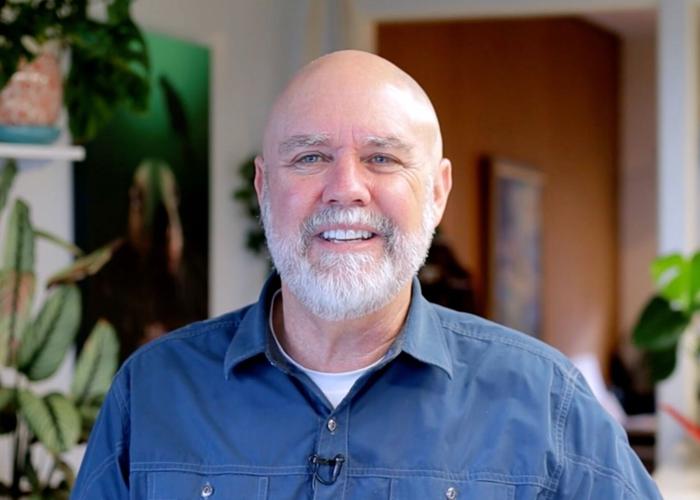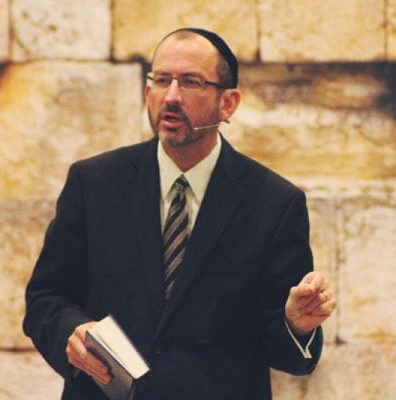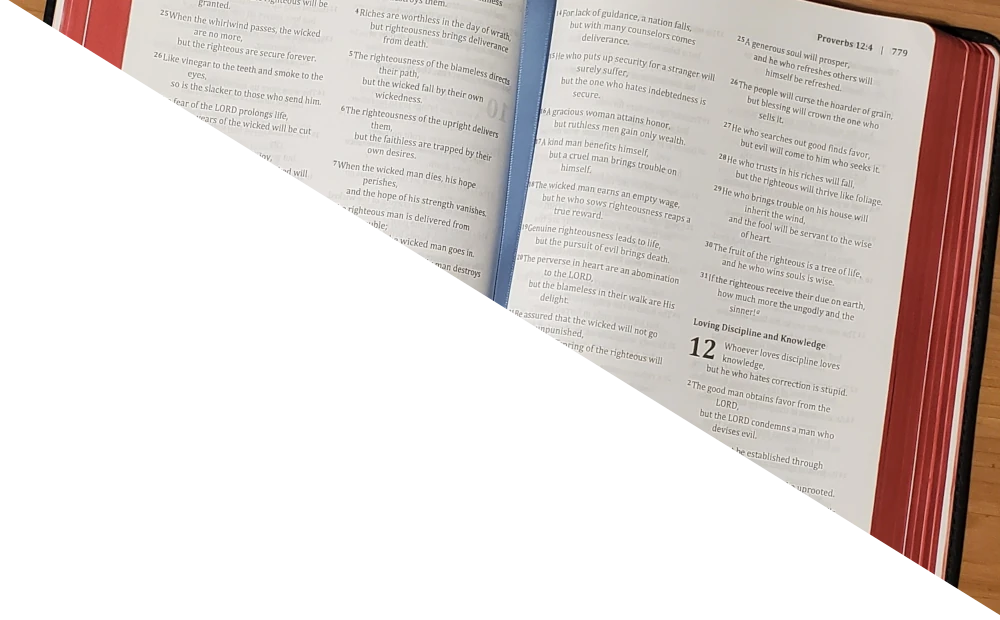Who was involved with the translation?
Bible Hub funded and coordinated the project, but the actual translation work was done by the
following scholars:
“All the people on the translation ascribe to a complete view of the inerrancy of Scripture, and what we would call the historic orthodox position of the evangelical church, center stream. And so you're not going to get any strange and weird wordings.” — Dr. Gary Hill

Dr. Gary Hill (Original Languages Coordinator)
Dr. Hill is the General Editor of The Discovery Bible, originally a best-selling book and now software, which annotates Scripture with original language information. He studied theology at
Trinity Evangelical Divinity School and was awarded an honorary Doctoral Degree in recognition of his work in biblical Hebrew and Greek. He leads HELPS Ministries in the production of The Discovery Bible and directs original language training courses for pastors and teachers in developing countries. Dr. Hill also
planted and pastored three local churches in the
Chicago area.

Dr. Eugene H. Merrill (OT Lead)
Dr. Merrill taught at Dallas Theological
Seminary
for 38
years until he retired in 2013 as Distinguished Professor Emeritus of Old Testament
Studies.
With degrees from Bob Jones University, New York University, and Columbia University, he
specialized in the areas of Hebrew and Semitic languages and Old Testament theology. He
was
an
associate editor of the New International Dictionary of Old Testament Theology and
Exegesis
(Zondervan).

Dr. Grant Osborne (NT Lead)
Dr. Osborne was professor of New Testament for 39 years
at the Trinity Evangelical Divinity School. He specialized in biblical hermeneutics, the
Gospels and the book of Revelation. He also taught at Winnipeg Theological Seminary and the university of Aberdeen and has pastored churches in Ohio and Illinois. He is best known for his concept of the
"hermeneutical spiral". He was a senior translator for the New Living Translation (NLT).
Dr. Osborne is now with the Lord.

Dr. Maury Robertson
Dr. Robertson received his Ph.D. in New Testament from Gateway Seminary. For over 20
years
he
used Greek in ministry, preaching directly from the Greek New Testament. For over 15
years,
he
taught Greek and New Testament at Gateway Seminary.

Dr. Baruch Korman
Dr. Korman is the senior lecturer at the Zera Abraham Institute based in Israel. He holds a
Ph.D.
in
Jewish Studies, and his dissertation was on the translation techniques of the
Septuagint. He
was
raised in an Orthodox Jewish home, and is now a redeemed believer and follower of Yeshua
the
Messiah.

Dr. Ulrik Sandborg-Petersen
Dr.
Sandborg-Petersen is a software engineer specializing in text databases and annotated texts. He
has worked on a number of Scripture projects, annotating biblical texts with original
language
metadata.
The team was also assisted by other colleagues and considered suggestions from the public. This
allowed anyone knowledgeable on a subject matter to contribute to the translation process, but
all suggestions were ultimately reviewed by the core team.
